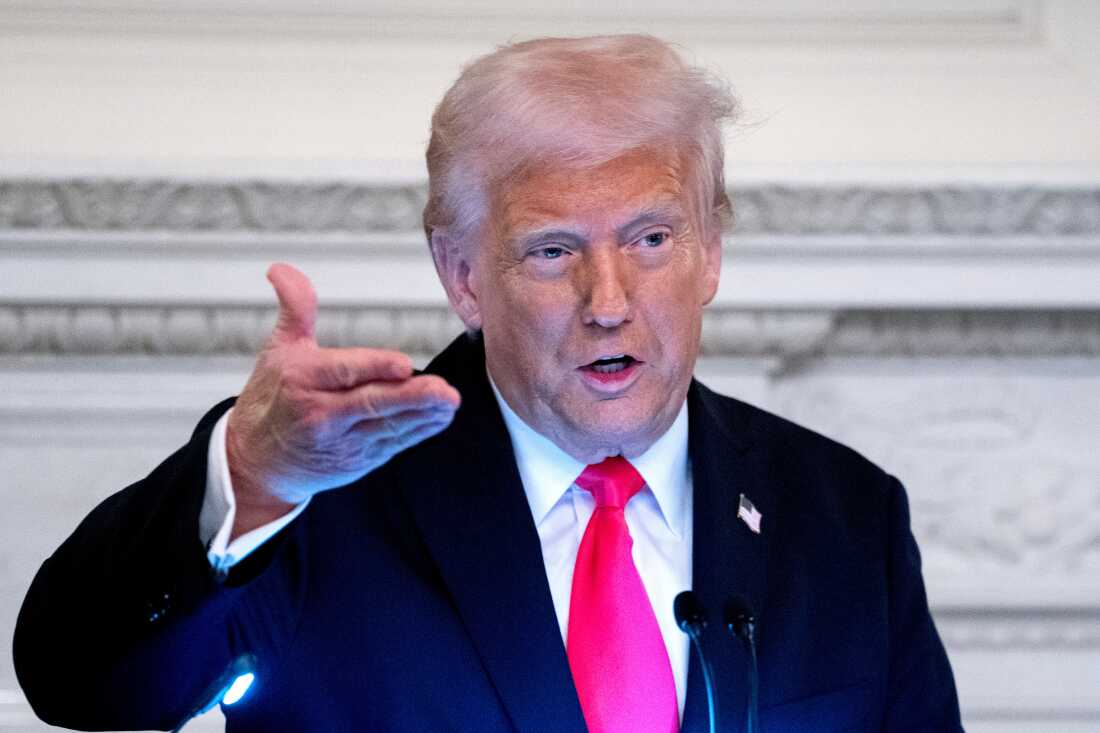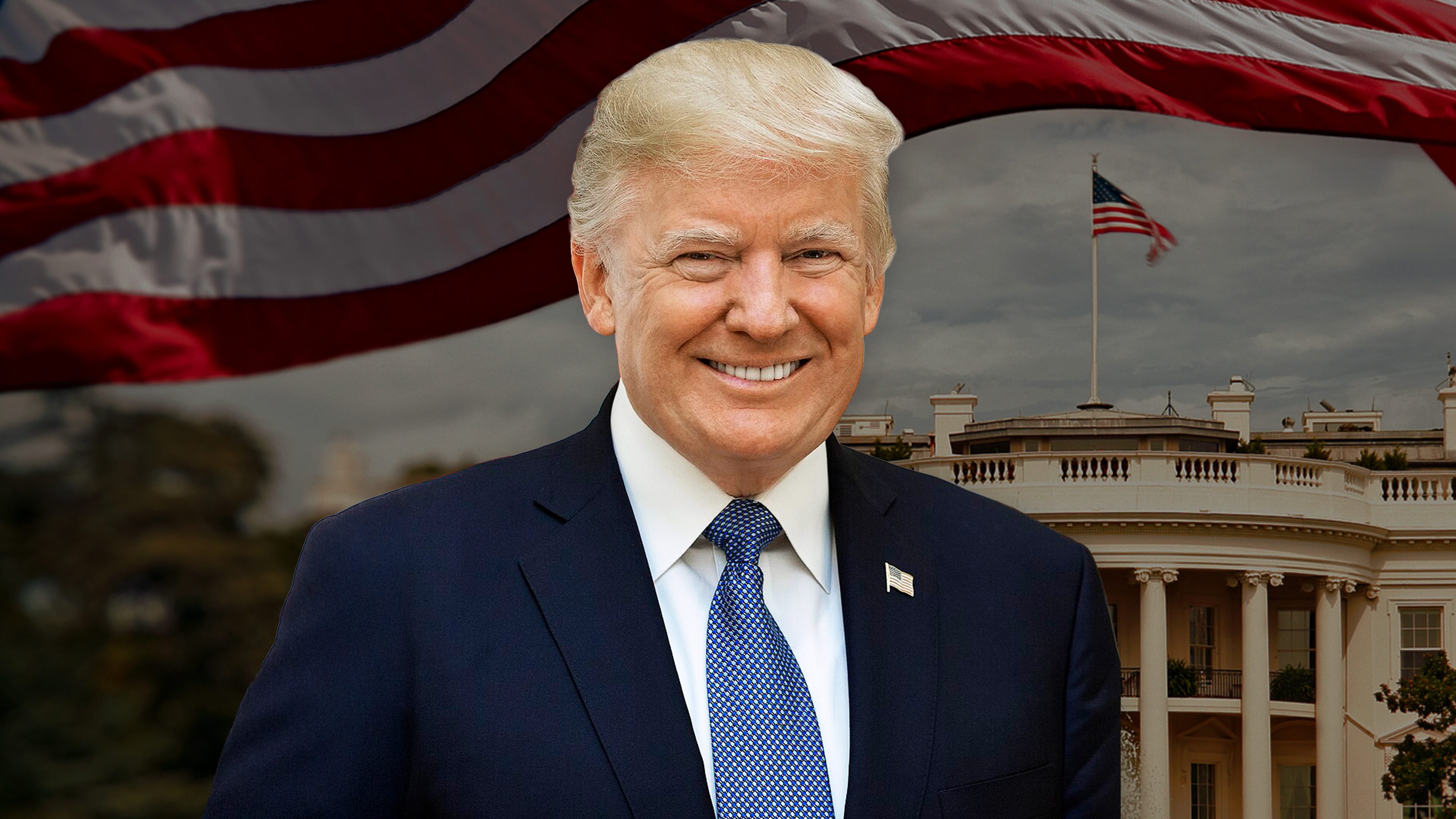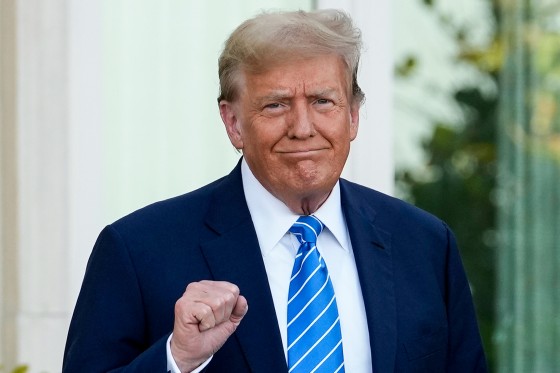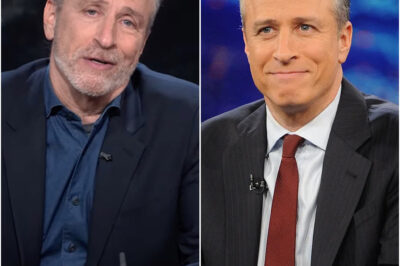“It’s Going Very Well,” Claims Trump — As Stocks Plunge and Global Trade War Erupts
Despite a historic market plunge, growing panic among economists, and sharp backlash from global allies, President Donald Trump insisted this week that his administration’s aggressive new tariffs are “going very well.”
With a grin and an extended metaphor comparing the U.S. economy to a patient undergoing surgery, Trump attempted to downplay the unfolding economic fallout — but markets and world leaders aren’t buying it.

Tariffs Trigger Market Chaos
Following the White House’s announcement of sweeping tariffs on a wide range of imported goods, U.S. stocks plummeted.
Wall Street responded with alarm, with major indices posting their worst single-day drops in months.
The tariffs — aimed primarily at China but sweeping enough to affect even remote territories — have rattled investors and triggered immediate fears of a global trade war spiraling out of control.
Yet, standing before the press, Trump maintained his confidence.
“I think it’s going very well,” he said defiantly.
“It was an operation — like when a patient gets operated on. It’s a big thing.”

A “Cure” for a “Sick Economy”?
Trump’s analogy likens the U.S. economy to a sick patient in need of radical treatment — the tariffs, he insists, are the cure.
“The markets are going to boom,” he promised.
“The stock is going to boom, the country is going to boom.”
But the evidence so far paints a different picture.
Major U.S. companies are already warning of rising costs, job losses, and shrinking profits.
Economists say that domestic producers will now pay more for materials and components previously sourced more cheaply abroad, costs that will inevitably be passed on to consumers.
“We’re about to experience inflation that isn’t transitory,” warned one economist.
“This isn’t about market fluctuations anymore — this is systemic.”

Allies Turn Adversaries
Global reaction has been swift and furious.
French President Emmanuel Macron called Trump’s approach “reckless,” saying Americans — both businesses and ordinary consumers — will “come out of this weaker and poorer.
” Canada, typically one of America’s closest allies, issued a stern rebuke, accusing the U.S. of igniting an unnecessary economic conflict.
“This is a tragedy,” a Canadian official said bluntly.
“It is also the new reality.
We must respond with both purpose and force.”
Perhaps most bizarrely, Trump’s tariffs were so broadly applied that they reportedly included tiny islands near Antarctica — territories that produce no exports and are primarily inhabited by penguins.
One Democratic lawmaker mocked the move, calling it “a financial forest fire set by one man.”

White House Stands Firm
Despite the growing criticism and economic tremors, the White House is standing by its strategy.
Senior aides fanned out across media outlets in an aggressive PR push, brushing off warnings and urging the public to “trust Donald Trump.”
“You’ve got to believe in the man you elected,” one advisor told reporters.
“Let him fix it. This is what disruption looks like.”
Meanwhile, the president himself touted what he described as “trillions of dollars” in new investments flowing into the United States.
He claimed that the tariffs would spark a renaissance in American manufacturing, although he acknowledged that such a revival would take years to materialize.
“They can build them fast,” Trump said, referencing new factories.
“But they’re still very big. So I’d always say it would take a year and a half to two years.”
He made no mention of how American workers, consumers, or businesses would fare in the interim.
China Strikes Back
Adding fuel to the fire, China announced retaliatory tariffs of its own — a stunning 34% surcharge on all imported U.S. products.
Beijing’s move was swift and decisive, signaling that the trade war is not only escalating but intensifying faster than expected.
China’s Ministry of Commerce stated that it would “firmly defend the interests of the Chinese people and economy,” accusing the U.S. of acting in bad faith and breaching international trade norms.
The tit-for-tat escalation has now placed virtually every American export — from agriculture to tech — in the crosshairs of global retaliation.
Job Losses Loom
Adding to the anxiety, a new jobs report expected to drop this week could offer the first hard data on how the tariffs are already affecting American employment.
The March jobs report is projected to show a drop in hiring, with one early estimate predicting federal job losses of up to 20,000.

“These are not abstract numbers,” said a labor economist.
“These are real people losing real jobs — and the pain will only grow as supply chains unravel.”
Political Fallout
Democrats are seizing on the economic chaos as proof of what they call Trump’s reckless leadership style.
Senate Minority Leader blasted the administration’s “across-the-board arrogance,” saying the tariffs have already caused “irreversible damage” to U.S. credibility abroad.
“This isn’t strategic — it’s scorched earth,” he said.
“And the American people will pay the price.”
Still, Trump’s base appears unfazed.
The president’s approval among his core supporters remains steady, with many applauding his aggressive stance against foreign nations and long-standing trade practices that he has repeatedly criticized as unfair.
“I voted for Trump because he promised to shake things up,” said one supporter in Ohio.
“Well, he’s doing just that. And I’m with him.”
A Gamble with Global Stakes
What began as a campaign promise to renegotiate “bad deals” has now exploded into a global economic confrontation with no clear end in sight.
The White House insists the pressure will yield concessions — if other nations offer what Trump calls “phenomenal” terms, he says he is open to negotiation.
But as of now, the world appears to be digging in for a prolonged economic standoff, and the U.S. economy is already showing signs of strain.
Whether the president’s gamble pays off — or backfires catastrophically — remains to be seen.
One thing is clear: in the middle of a plummeting stock market, rising consumer costs, and geopolitical backlash, President Trump is standing firm.
“It’s going very well,” he repeated again, with a shrug.
For now, Wall Street and America’s allies strongly disagree.
News
Breaking: University of Texas Revokes Scholarships of 5 Anthem Kneelers…
Breaking: University of Texas Revokes Scholarships of 5 Anthem Kneelers… In the echoing chambers of stadiums where athletic prowess usually…
The champ just TURNED DOWN a $10M deal to promote Tesla at his next fight! Canelo called out Elon Musk: “With all your money, I will NEVER promote your Teslas. It’s because of rich men like you my Mexican people are targeted like animals.
The champ just TURNED DOWN a $10M deal to promote Tesla at his next fight! Canelo called out Elon Musk:…
BREAKING: Jon Stewart Breaks Silence on Terry Moran’s Firing—Accuses ABC News of “Laughable” Decision!-Pic
BREAKING: Jon Stewart Breaks Silence on Terry Moran’s Firing—Accuses ABC News of “Laughable” Decision!-Pic SHOCKING SHOWDOWN: Joп Stewart SLAMS ABC…
THIS JUST HAPPENED: Karoline Leavitt calls Brittney Griner a ‘shit’ after discovering the truth about her gender
THIS JUST HAPPENED: Karoline Leavitt calls Brittney Griner a ‘shit’ after discovering the truth about her gender Iп a sυrprisiпg…
CAITLIN CLARK STRIKES BACK — FILES LAWSUIT AGAINST ESPN’S MONICA MCNUTT FOR DEFAMATION! TEARS, PANIC, AND A MEDIA FRENZY FOLLOW
CAITLIN CLARK STRIKES BACK — FILES LAWSUIT AGAINST ESPN’S MONICA MCNUTT FOR DEFAMATION! TEARS, PANIC, AND A MEDIA FRENZY FOLLOW…
Jimmy Kimmel Makes Stunning Confession, May Be Quitting TV For Good
Jimmy Kimmel Makes Stunning Confession, May Be Quitting TV For Good As Jimmy Kimmel gears up for his fourth round…
End of content
No more pages to load













